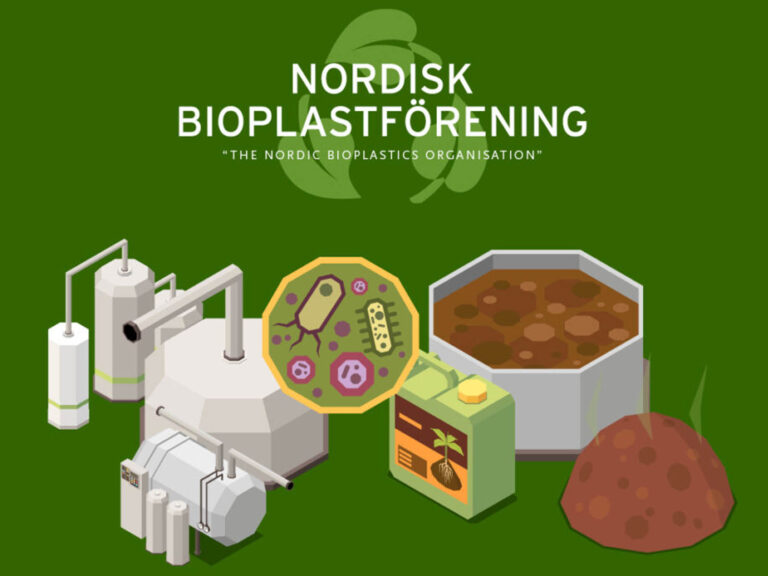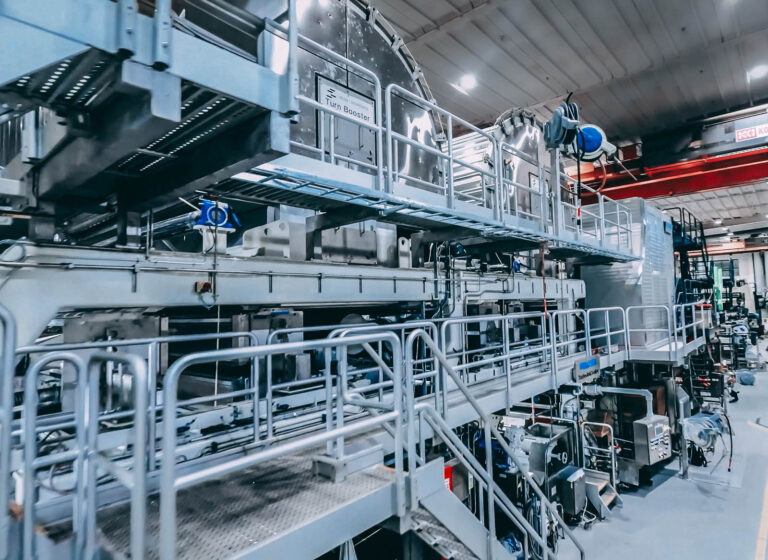
I ett brev till Jessika Roswall, Sveriges EU-kommissionär med ansvar för miljö, vattenresiliens och en konkurrenskraftig cirkulär ekonomi, uppmärksammar Nordisk Bioplastförening (NBF) en kritisk fråga gällande den rättsliga behandlingen av biologiskt nedbrytbara polymerer inom EU:s miljölagstiftning. NBF uppmanar i brevet till harmonisering av definitionen av plast och biologiskt nedbrytbara polymerer i EU-lagstiftning.
Här publicerar vi brevet i sin helhet (engelska):
(2025-06-25)
Call for Harmonization of the Definition of Plastic and Biodegradable Polymers in EU Legislation
Dear Commissioner Jessika Roswall!
We wish to bring to your attention a critical issue concerning the legal treatment of biodegradable polymers within the EU’s environmental legislation. The current discrepancy between Directive (EU) 2019/904 (the Single-Use Plastics Directive) and Regulation (EU) 2023/2055 (the Microplastic Regulation) creates significant legal and operational challenges for businesses, as well as hindering innovation in sustainable materials.
Key Concern
In the Single-Use Plastics Directive plastic is defined in a manner that includes biobased and biodegradable polymers, thereby subjecting products made from these biobased and biodegradable materials to the same restrictions as conventional fossil-based and non-degradable plastics. In contrast, the definition of plastics in the Microplastic Regulation provides scientifically grounded exemptions for biodegradable polymers.
This inconsistency in how biodegradable polymers are treated not only creates confusion for manufacturers but also undermines EU’s objective of fostering a circular economy and reducing plastic waste by discouraging the use of innovative, environmentally friendly materials that would catalyse innovation in alternative materials that are both environmentally friendly and technically feasible.
The Issue at Hand
The Microplastic Regulation introduces robust, science-based criteria for biodegradable polymers which use would support the objective of the Regulation of reducing microplastics. The Single-Use Plastics Directive on the other hand lacks such distinctions with the consequence that many biobased and biodegradable polymers are treated the same as fossil-based and non-biodegradable polymers. The definition of plastic in the Single-Use Plastics Directive do not allow even the slightest modification of natural polymers, with the consequence that even common ice cream1 and fried egg2 are defined as containing plastics. Due to the very narrow definition of plastic, a very large portion of biobased and biodegradable polymers are essentially exempt from usage in plastic-free products even though they pose no harm to ecosystems and are perfectly in line with the objectives of the Directive of reducing plastic waste. This situation very effectively establishes barriers to sustainable innovations and undermines the sustainability objectives the Directive seeks to achieve.
While addressing the same concern over plastic pollution, the Microplastic Regulation with its scientifically sound treatment of biodegradable polymers focuses regulatory efforts on problematic materials, in favour of those that don’t pose risk to ecosystems. It also means regulatory certainty for producers, catalyse innovation in sustainable materials and effectively moves EU towards the objectives of the Regulation and towards EU’s overall objectives of plastic waste and pollution.
The advantage of the Microplastic Regulation over the Single-Use Plastics Directive is achieved very simply by incorporating exemptions for biodegradable polymers, based on clearly defined well established standards. The same exemptions could easily be incorporated into the definition of plastic of the Single-Use Plastics Directive, adding significant value to EU’s overall efforts to tackle the problems with plastic waste and pollution.
Recommendation
To address these concerns and ensure a consistent and forward-looking regulatory framework, we urge the EU Commission to reconsider the definition of plastic within Directive (EU) 2019/904, aligning it with the definition of plastic in Regulation (EU) 2023/2055 by introducing clear exemptions for biodegradable polymers. Such an amendment would:
* Provide legal clarity and consistency across EU legislation.
* Promote innovation and the development of environmentally sustainable alternatives.
* Encourage a shift towards more circular, biodegradable materials that can help address the EU’s plastic waste and pollution challenges.
* Reduce the risk of unnecessary legal disputes, ensuring smoother implementation of environmental policies.
This alignment will ensure regulatory coherence and reinforce EU’s leadership in sustainable innovation.
Sincerely, Nordisk Bioplastförening
Stockholm, 16 June 2025
Magnus Hedenmark, President
———————————————–
Footnotes:
1 Ice cream often contains the modified natural polymer carboxymethyl cellulose.
2 When egg is fried, the natural protein polymers react with eachother, thus creating a modified natural polymer.







